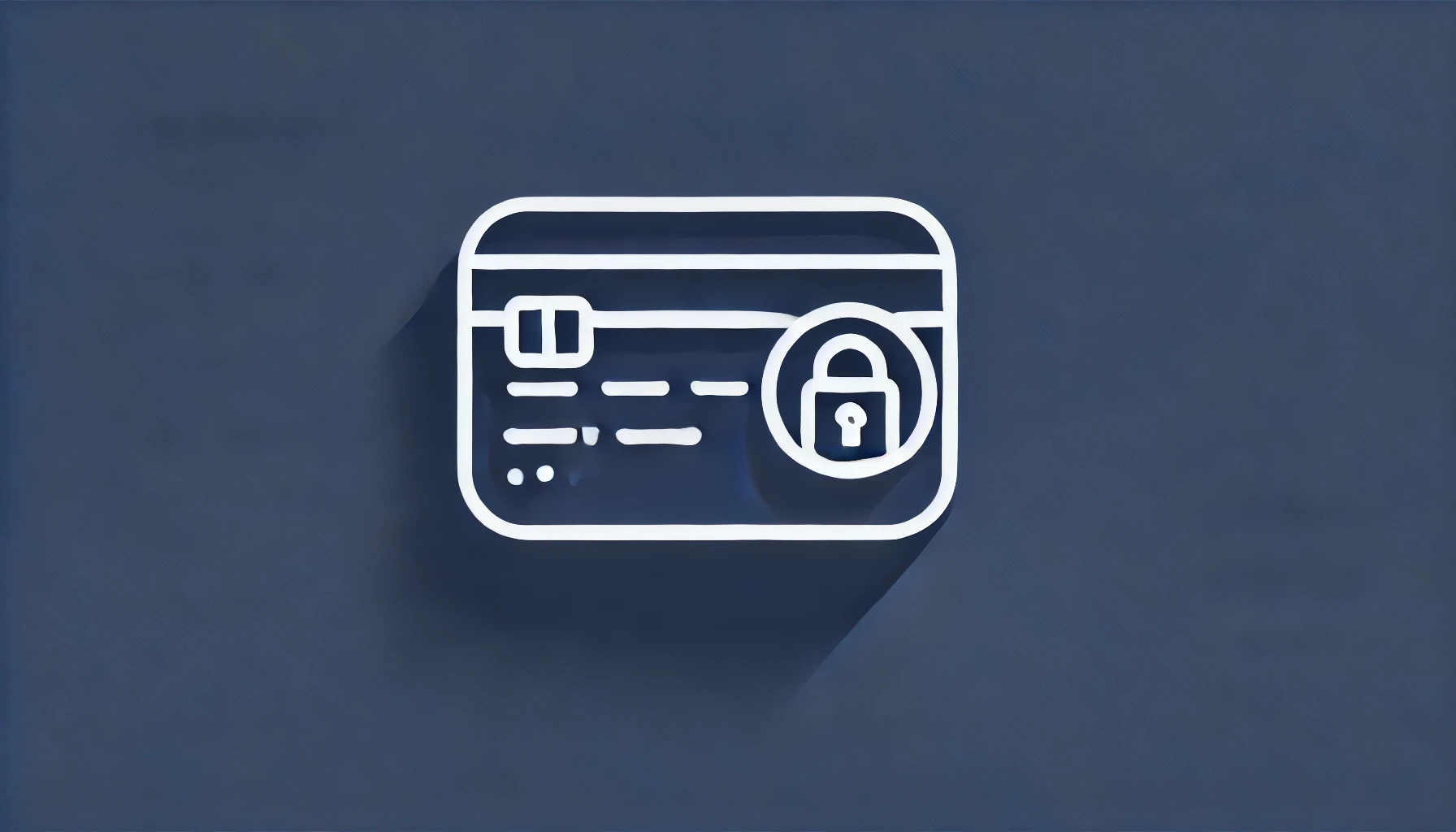Having your credit card stolen can be a stressful experience, but knowing the right steps to take can help you minimize the damage and protect your finances. This comprehensive guide will walk you through the essential actions you should take immediately after discovering your credit card has been stolen.
1. Stay Calm and Assess the Situation
First and foremost, take a deep breath and try to stay calm. Panic can cloud your judgment and hinder your ability to take the necessary steps efficiently. Assess the situation to confirm that your card is indeed stolen and not just misplaced. Check common places where you might have left it, such as your wallet, car, or home.
2. Contact Your Credit Card Issuer
Once you’re sure that your credit card has been stolen, contact your credit card issuer immediately. Most companies have 24-hour customer service lines specifically for handling lost or stolen cards. Inform them of the theft and request that they:
- Freeze Your Account: This prevents any new unauthorized transactions from occurring.
- Issue a New Card: Request a replacement card with a new number.
Most credit card companies will not hold you liable for fraudulent charges if you report the theft promptly, but it’s crucial to act quickly.
3. Monitor Your Account for Unauthorized Transactions
Keep an eye on your account for any unauthorized transactions. Even after reporting the theft, it’s essential to regularly check your account for any suspicious activity. Notify your credit card issuer immediately if you notice any fraudulent charges that occurred before you reported the theft.
4. Update Your Account Information
If your stolen credit card was used for recurring payments (such as subscriptions or utility bills), make sure to update your payment information with the new card details. This will prevent any interruptions in service and ensure your accounts remain in good standing.
5. File a Police Report
Filing a police report is an important step, especially if your wallet or purse was stolen along with your credit card. Provide as much detail as possible, including the last known location of your card and any unauthorized transactions. While the police may not always be able to recover your card or catch the thief, having a report on file can be helpful for insurance claims and for further investigations.
6. Place a Fraud Alert on Your Credit Report
Contact one of the two major credit bureaus (Equifax or TransUnion) to place a fraud alert on your credit report. The bureau you contact is required to inform the other one. A fraud alert makes it more difficult for thieves to open new accounts in your name by requiring creditors to take extra steps to verify your identity.
- Equifax: 1-800-465-7166
- TransUnion: 1-800-565-2280
7. Consider a Credit Freeze
If you believe your information has been seriously compromised, you might consider placing a credit freeze on your credit report. A credit freeze restricts access to your credit report, making it nearly impossible for identity thieves to open new accounts in your name. You will need to contact each of the three credit bureaus individually to place a freeze.
8. Check Your Credit Reports
Regularly review your credit reports for any signs of fraudulent activity. You are entitled to a free credit report from each of the three major credit bureaus once a year. Look for any accounts you don’t recognize or inquiries from companies you haven’t contacted.
9. Update Your Security Practices
After experiencing credit card theft, it’s a good idea to update your security practices to prevent future incidents. Here are a few tips:
- Use Strong Passwords: Create unique and complex passwords for your online accounts.
- Enable Two-Factor Authentication (2FA): Add an extra layer of security to your accounts.
- Be Cautious with Your Information: Avoid sharing your credit card details over the phone or email unless absolutely necessary.
- Shred Sensitive Documents: Dispose of old statements and any documents containing your credit card information properly.
10. Educate Yourself on Fraud Prevention
Stay informed about the latest fraud techniques and best practices for protecting your financial information. Many credit card issuers offer resources and tools to help you understand and prevent fraud.
Conclusion
Having your credit card stolen can be a frightening experience, but taking the right steps immediately can help you mitigate the damage and protect your finances. By contacting your credit card issuer, monitoring your account, and updating your security practices, you can minimize the impact of credit card theft and prevent future incidents. Stay vigilant and proactive to keep your financial information safe.


Leave a Reply